The U.S.-backed YPG, the Syria wing of the terrorist group PKK, reiterated its call for autonomy in Syria’s northeast while the new administration in Damascus seeks its integration into the Syrian army. YPG members called again on Sunday for a system of government that preserves a measure of their self-styled autonomy, days after Damascus rejected “any form” of decentralization. YPG leader Ferhat Abdi Şahin and interim President Ahmed al-Sharaa first struck an accord in March to integrate the YPG into the state, but its implementation has been held up by differences between the two sides.
The pair met again on Wednesday in the presence of a U.S. envoy to discuss the stalled efforts, but Damascus afterward reiterated its opposition to “any form of division or federalization” and called for YPG members to be absorbed into the army.
In a statement Sunday, the YPG called “for a pluralistic democratic system, social justice, gender equality and a constitution that guarantees the rights of all components” of society. “Today, we aspire to be effective partners in building a new Syria, a decentralized Syria that embraces all its people and guarantees their rights equally,” it said.
The YPG controls vast swathes of territory in Syria’s north, including oil and gas fields. With the support of a Washington-led coalition, the YPG positioned itself as a partner in the fight against fellow terrorist group Daesh.
The terrorist group in its current form remains a security concern for Syria’s neighbor Türkiye. Ankara expects them to join the PKK, which started a disarmament process last Friday, or properly integrate into the Syrian army.
U.S. Ambassador to Türkiye and Special Envoy for Syria Tom Barrack said that if the YPG does not act quickly on integration, it will face problems with the Turkish and Syrian governments. “The U.S. will do its best to ensure a fair and proper decision is made. If they want to come to America and live with us, they can do so.” Barrack told Anadolu Agency (AA) following his press conference in New York last Friday.
He explained the origins of the groups by saying, “The YPG emerged from various offshoots of the PKK, and the Syrian Democratic Forces (SDF) emerged from various offshoots of the YPG.” When reminded of his previous statement that “the SDF is the YPG and the YPG is a derivative of the PKK,” he emphasized, “I have never said that the SDF is a derivative of the PKK.” “It’s not unthinkable that whoever the constituency is for the YPG or the SDF has distanced themselves from the PKK. So, I don’t think it’s a derivative. It’s another organization,” Barrack told AA.
When reminded that the terrorist group YPG, which uses the name SDF in Syria, has sent messages about the need to use time effectively in the integration process, and asked what problems might arise if they do not, Barrack responded: “The problems that will arise are disagreements with the Syrian government and the Türkiye government. The U.S. government has stated that it will review all their issues and do its best to ensure a fair and accurate decision. If they want to come to America and live with us, they can do so.”
Bashar Assad, Syria’s leader for nearly 25 years, fled to Russia on Dec. 8, ending the Baath Party’s regime, which had been in power since 1963. Ahmed al-Sharaa, who led anti-regime forces to oust Assad, was declared president for a transitional period on Jan. 29.
In its 40-year terror campaign against Türkiye, the PKK, listed as a terror organization by Türkiye, the U.S. and the EU, has been responsible for the deaths of more than 40,000 victims, including women, children and infants.
Regarding the reasons why talks between the SDF and the Syrian government have not yielded results, Barrack said the actual issue is whether it will align with the Syrian Arab Republic. “One country, one nation, one military is dictated by that nation, which we’re now recognizing. So that’s the issue. Forget about whatever the genetics are from where it came. All of these minority groups might lust for a federalistic environment.
“That’s not what’s being dictated to them to be invited into. That’s not up to us. It’s not up to us to referee the intellectual discussion. Is that the right thing? Is that the wrong thing? Do you want a parliamentary system? Do you want a republic? Do you want a confessional system? How do you blend and protect minority rights? All of us, the U.N. in particular, are cheering and saying this is really important if you want our help. These are the requirements that we want to see,” said Barrack. “We want to see what you’re going to do with foreign fighters. Are you integrating them? Are you not integrating them? Are you sending them home or not?”
Barrack said the integration between the SDF and the Syrian government will take time “because there’s no trust” between the parties. “There’s not enough specifics in the agreement to have made it work.” He noted that the U.S. is trying to “punctuate those specifications so they can come together.” Barrack also said he believes that the parties are going to “come together and that would be a beautiful marriage.”

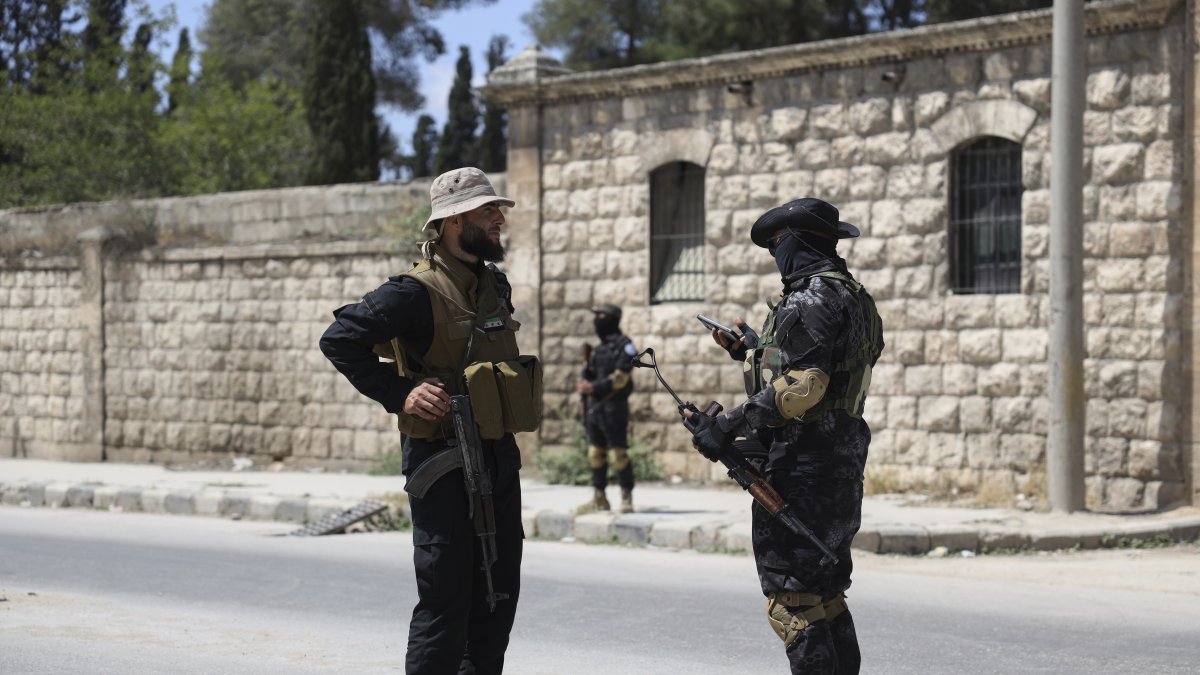

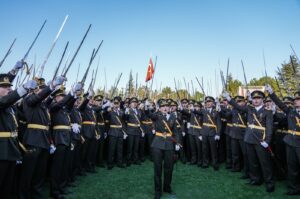
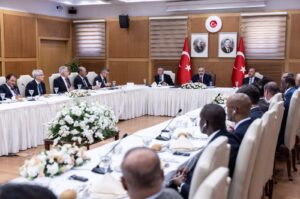
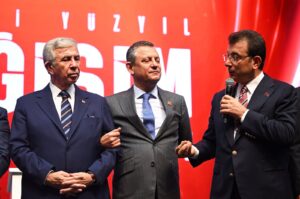
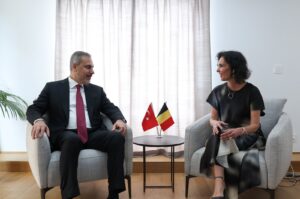

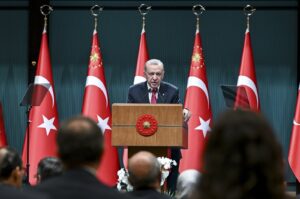
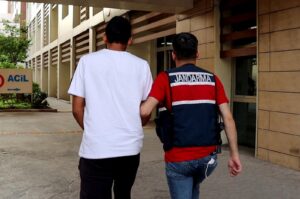
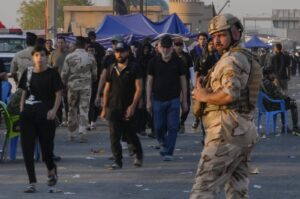

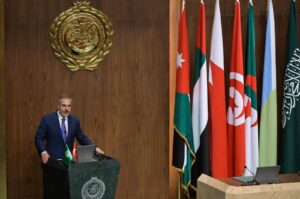
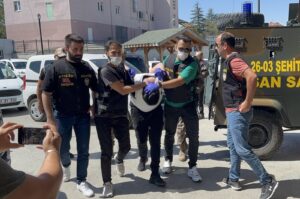
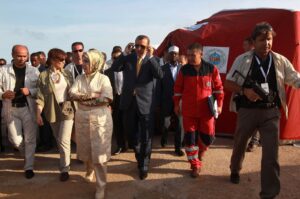
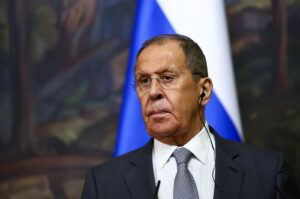
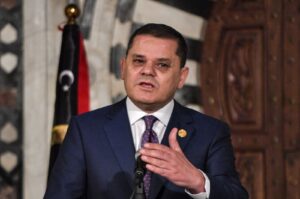
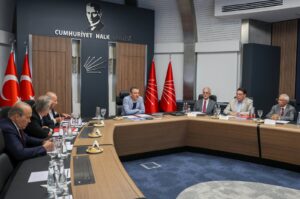
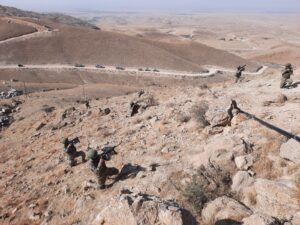
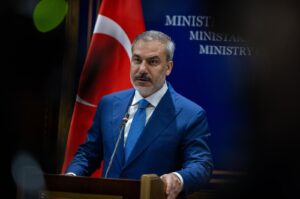
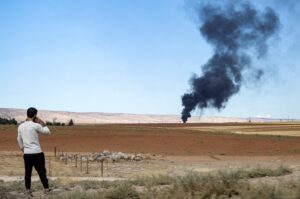
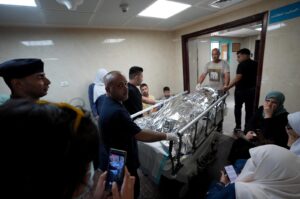

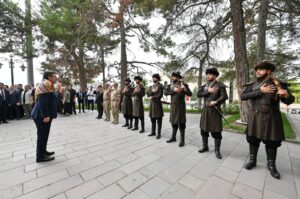
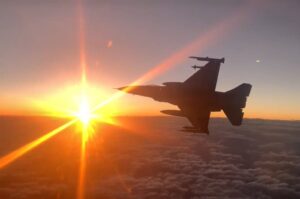
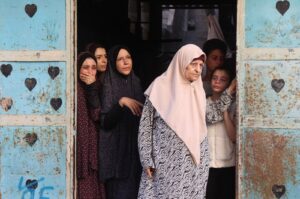
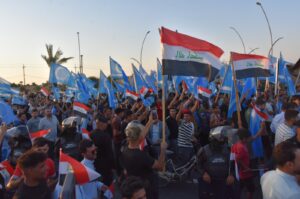
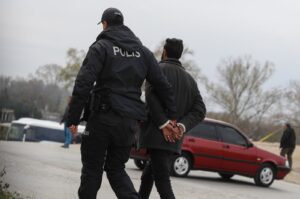
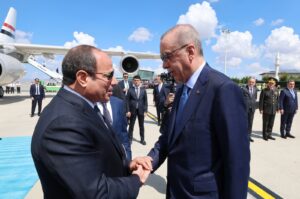
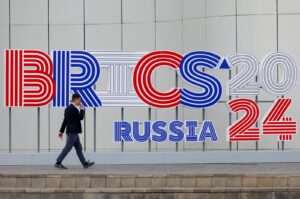
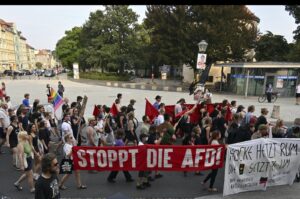
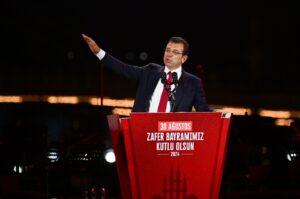
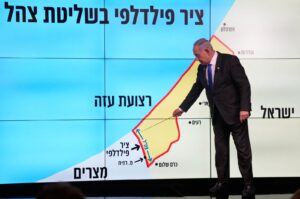
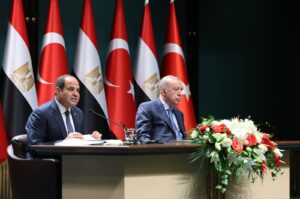
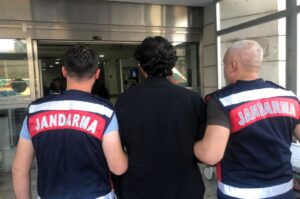
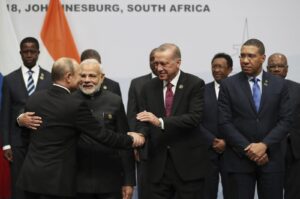
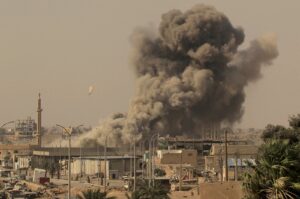
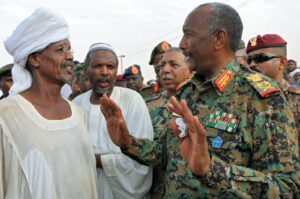
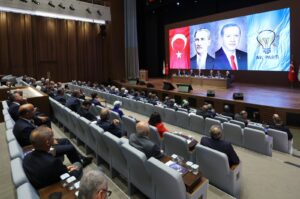
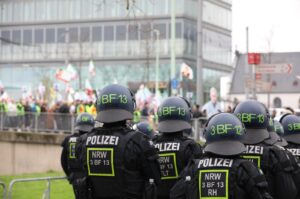
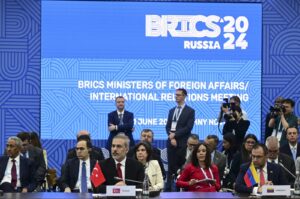
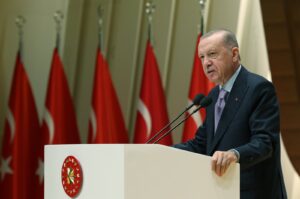
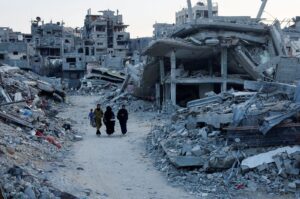
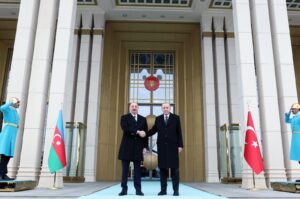
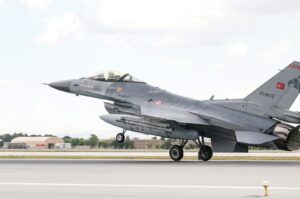
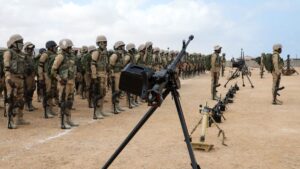
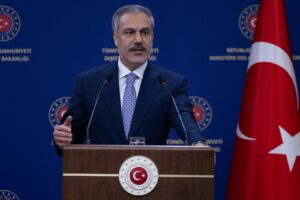
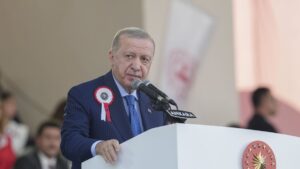
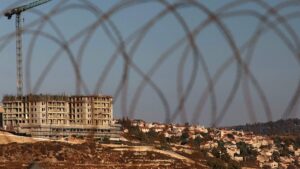
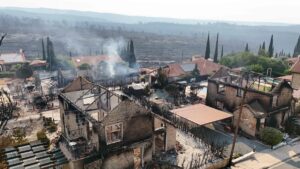

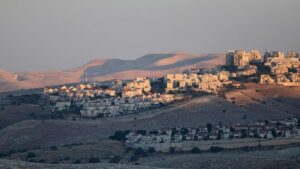
Be First to Comment